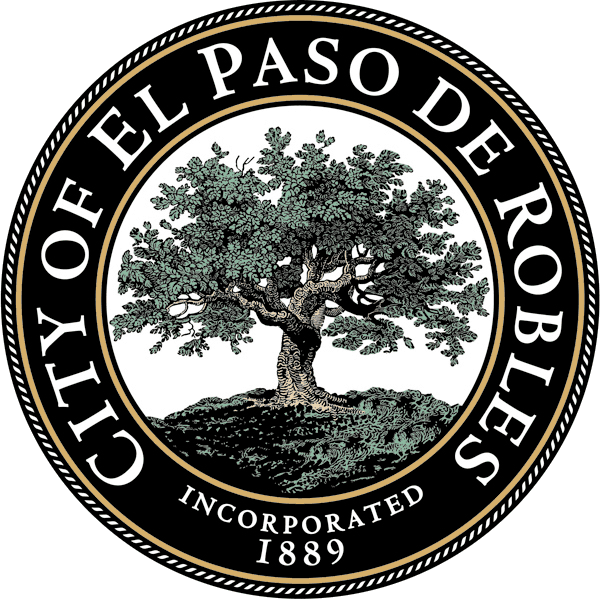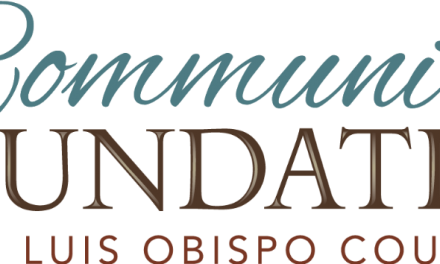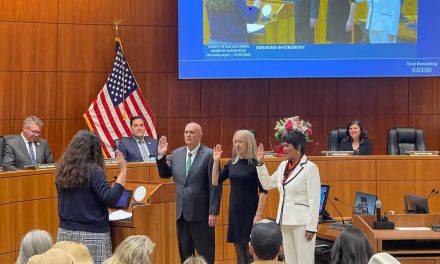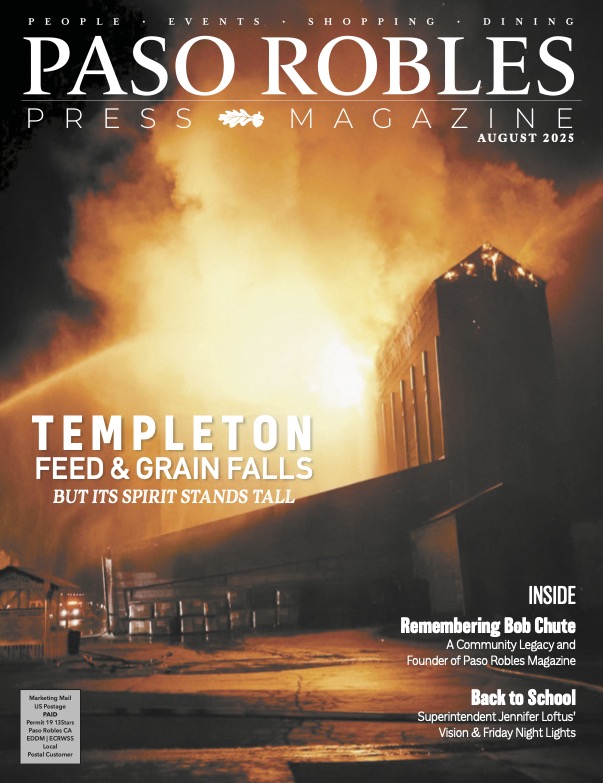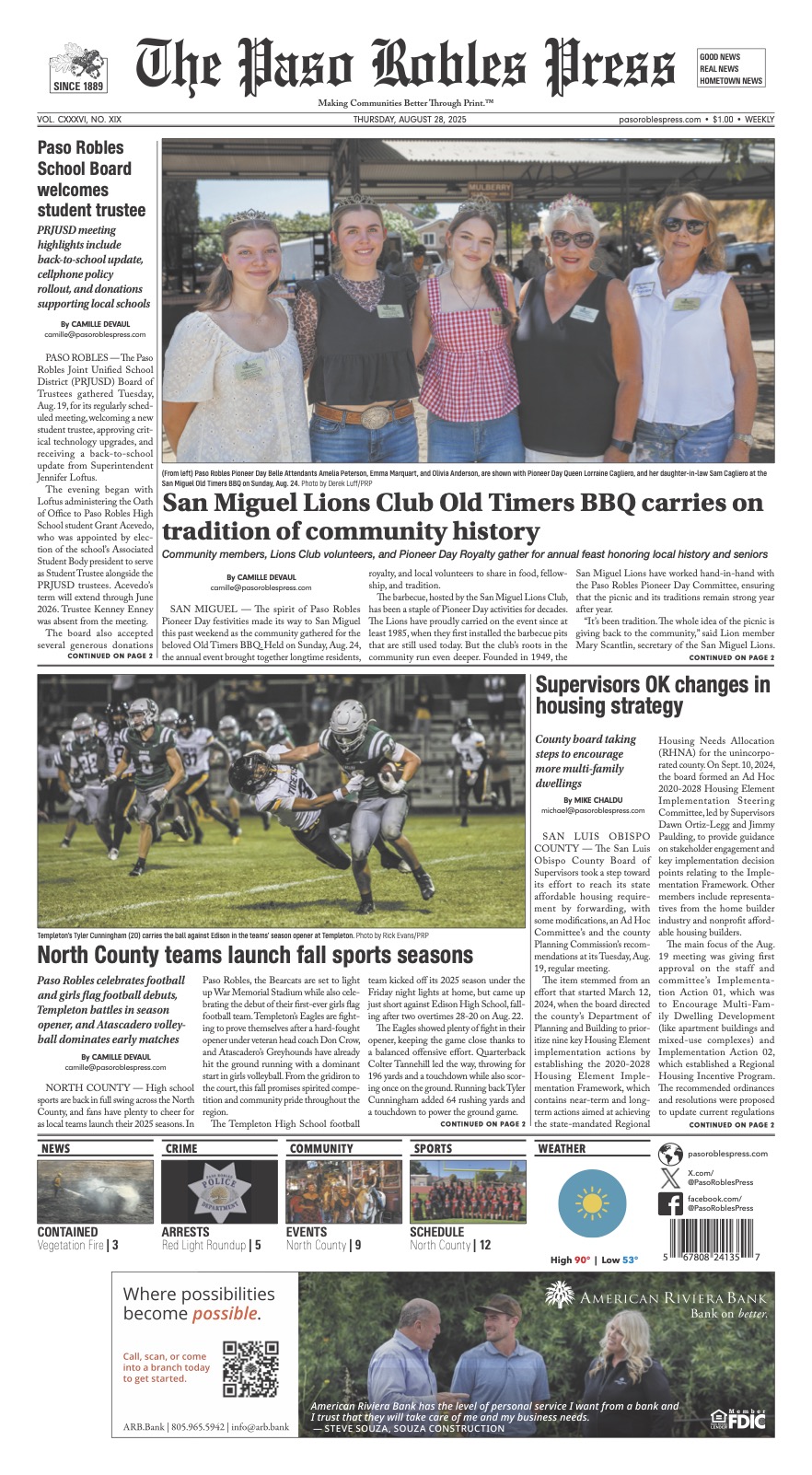PASO ROBLES — Paso Robles City Manager Tom Frutchey wrote a letter to the community explaining the City’s current status in regards to COVID-19 cases, the possibility of more restrictions and what is being done to help businesses recover.
Below is the letter in its entirety:
“We have entered a critical period for the pandemic in the City. Our zip code has had 133 new cases in just the last 10 days; that compares to only 313 new cases in the prior 4 months.
We now have 159 active known cases within City boundaries, at 128 different locations. These locations are scattered fairly evenly throughout the City. Traditions I and Quail Run are the only major developments without at least one known current case (based on the most recent geographic data I have seen).
Transmission data is pretty rough, but transmission in the County appears to be as much by what is called “community transmission” as it is “person-to-person.” (Person-to-person means within a household or office setting; community transmission means as a result of people being out and about.)
That is not a good sign: if we would just observe physical distancing, limit mixing with those outside of our household and wear masks, the community transmission numbers could be cut dramatically.
In June, we incurred only 13% of the total new cases within the County; in July it has been 26%. Thursday, of 30 new cases in the entire County, our zip code had 14, which is almost half.
Clearly, our community is moving in the wrong direction, and doing so fairly rapidly. The slope of Paso’s curve, as shown below, has taken a significant departure from the case curves of other cities in our County.
If we are deluding ourselves into thinking things can’t get even worse, we are sorely mistaken. Kern County, which borders us, has one of the highest infection rates in the country. In the past 14 days, they have reported more than 11,000 new cases. They are averaging over 700 new cases a day and their infection rate is doubling every 12 days. As we all know, residents of Kern County often come to visit here.
With the rates of infection increasing so dramatically in Paso, there is a stark fact of which we should all be aware: if we don’t change our individual behavior, we are each much more likely to catch the virus than we were before. Even if we each think we have been doing what is necessary to stay safe, our personal risk is going up. The only way for each of us to maintain the level of risk we have accepted before, is to take even more stringent actions to protect ourselves and our families.
As a City, our basic approach has been to educate our public and then rely on them to do the right thing, just as we did during the drought. (Even then, however, we undertook enforcement against water wasters.)
This time, that approach is not working well. I was in a car dealership Thursday, and not a single person was wearing a mask or observing physical distancing. It may be that the pandemic is more complex than the drought. It may be that it is asking us to make personal sacrifices, rather than just sacrificing our lawns. For whatever the reason(s), it may now be time where we have to rethink our overall approach.
As a City, we are currently observing all State and County Guidelines to the best of our ability, and have been doing so since the beginning. These guidelines were, for several months, changing rather often, but have been more stable recently. [As always, they can be found at www.covid19.ca.gov (state) and at www.emergencyslo.org/en/reopening.aspx (County).] We have been trying to keep you informed on major changes, but these are the best sites to track to see the ongoing evolution of the State’s restrictions.
There are many reasons we are following the State’s Guidelines, in addition to the fact that they are mandated. If we don’t follow the State’s Guidelines, how can we expect our residents and businesses to do so? And if we let them ignore the State’s Guidelines, what moral authority do we have to ask them to follow our rules? We may not necessarily agree with some of the Guidelines, but we can’t decide which laws to observe and which ones to flout. That isn’t compatible with the rule of law. Also, we are not eligible for CARES Act funds, or potentially other state funds, if we don’t observe the Guidelines, and certify that we are doing so.
Some of our residents quite rightly are pointing out that, by the City taking such actions as assisting with outdoor dining downtown, we are sending mixed messages. We are aware that is how it may appear to some. What we are trying to do, however, is balance a variety of factors: the spread of the virus; the emotional toll of being isolated; the impacts on our economy and people’s lives if they are not making the money necessary to pay their rent and put food on the table; citizens’ willingness to follow government’s direction; etc.
Sometimes, balancing among those factors can appear to be inconsistent, rather than nuanced. And sometimes, to be sure, we don’t get the balance just right. Unfortunately, it isn’t like using a dimmer switch (the Governor’s favorite analogy). With a dimmer switch, you can see immediately the results of your actions; and the results are determined solely by your actions. In the case of the pandemic, we have to wait 14 days or longer to get feedback on what we are doing, and the feedback is clouded because many people’s actions are reflected, not just ours. Most importantly, we are not just adjusting light levels, we are impacting people’s lives.
We know we don’t have all the answers. We do know, however, that if things continue to get worse, we will have to shift that balance again and become more restrictive.
As always, I appreciate your thoughts and recommendations. Please send to info@prcity.com.”

